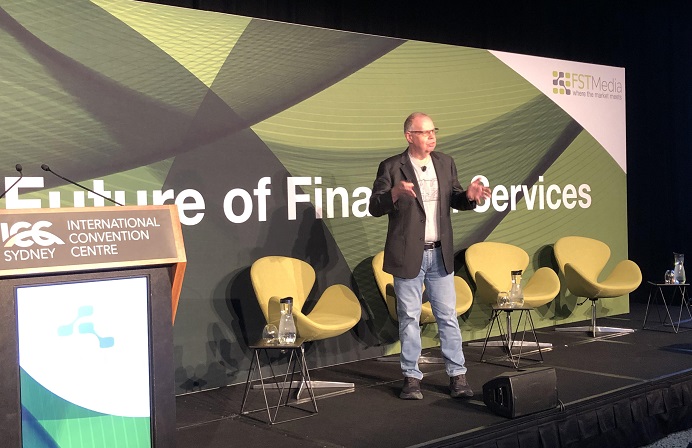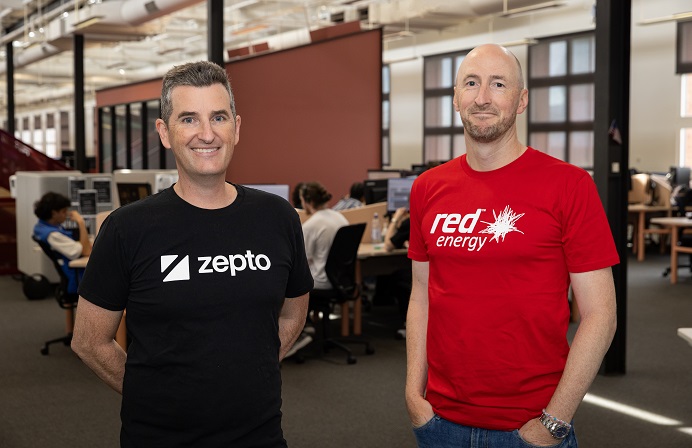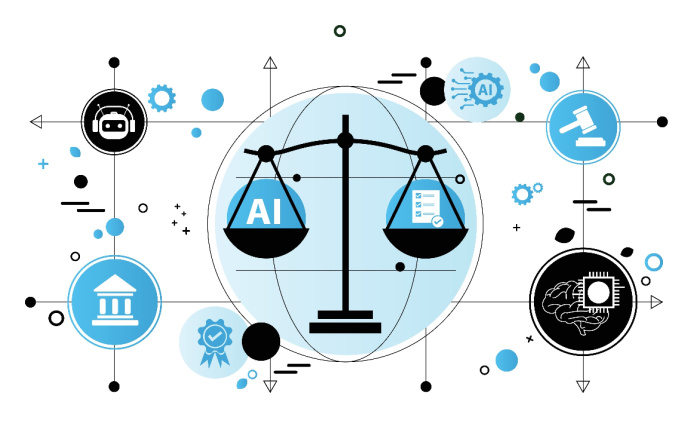
Westpac group chief technology officer (CTO) David Walker has revealed the bank is pairing its engineers with a Generative Artificial Intelligence (GenAI) companion to help fast-track software development projects, resulting in a 20 per cent “real-world” productivity gain for programmers.
Walker, speaking at FST Media’s Future of Financial Services, Sydney 2023 conference today, also revealed that, after a successful trial, his team now has around 150 engineers actively using GenAI tools to support their code-building efforts.
By the end of September, he predicts more than 1,000 engineers in his team will be coding with the use of Generative AI – effectively as ‘prompt engineers’.
Popularised with the release last year of text-based Chat GPT, Generative AI is a large language model (LLM)-based machine learning technology that can generate new forms of creative content, including text, code, images, text, simulations and videos, by scaping large volumes of data from the internet.
With the right prompts, GenAI tools can save software developers considerable time by automating repetitive coding components and generating production-ready code.
The Westpac engineering team’s progressive adoption of GenAI was born, Walker said, out of an experiment conducted in late March this year.
The experiment
A sample group of 60 Westpac engineers were pulled off the line and randomly divided into four teams, three of which were assigned one of three publicly available GenAI platforms to be paired with each engineer: either ChatGPT or the dedicated coding companions GitHub Code Pilot and Amazon CodeWhisperer.
The fourth team, the control group, would remain hand coding.
Each team was given the same coding assignment, with GenAI-equipped teams provided just two to three hours to practice on the platform before the trial commenced.
Data was captured throughout the experiment to track programmers’ reactions and behaviours.
“We kept on monitoring things, taking temperature checks [to see] how the engineers were feeling about it,” Walker said.
“The results blew me away,” he said.
“I was expecting pretty good results, but what we got was an average of 46 per cent overall productivity gains on average across the three tools relative back to the baseline.”
“The other exciting thing – other than the productivity gain – was that we were able to give them tools that allowed them to take boilerplate code and just reuse it.”
Despite initial scepticism – even “scathing” attitudes from engineers towards Generative AI – before the trial, Walker said the technology was widely praised by his team, both at the senior and junior ranks, after the experiment was proved out.
“The more senior or more experienced engineers, they loved it. They reported to us, ‘This saves me all the toil that we’d [normally] have to deal with. It just took it away!’.”
“The more junior engineers said, ‘Great! I’ve got something here that’s going to sit over my shoulder and teach me, help me and give me guidance’. All of a sudden, they’re excited because they’re learning new things!
For longstanding coders in particular, the technology proved a “real inspiration”, Walker said.
“When you’ve been coding for a while, you really get a little bit stuck in the way you do things. Anyone who’s done development before knows there are lots of ways to develop code. But this [technology] was inspiring them, showing our coders new ways of doing things.
He added: “The creativity was coming through. They were energised by this.”
Walker concedes that real-world productivity “won’t necessarily be as high as 46 per cent” and is more likely to sit around 20 per cent – consistent with currently measured gains.
“That’s what we’re seeing today,” he said.
“But who wouldn’t take 20 per cent throughput? We think it’s fantastic. And I do think that’s only going to go up.”
With Westpac first experimenting with LLMs more than two and half years ago, Walker said he is a “true believer in the net benefits of AI”.
“We use the term freely, but AI truly is transformative today.”





